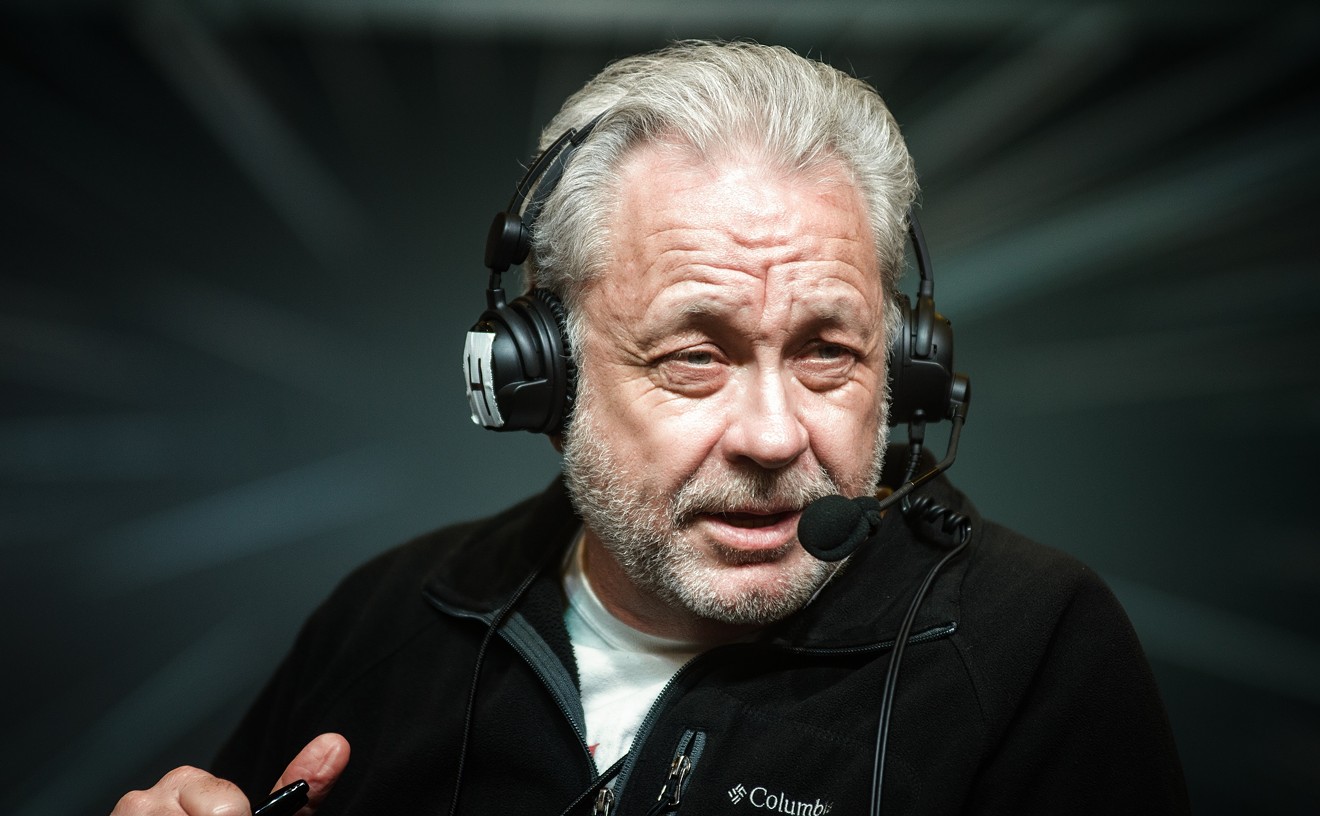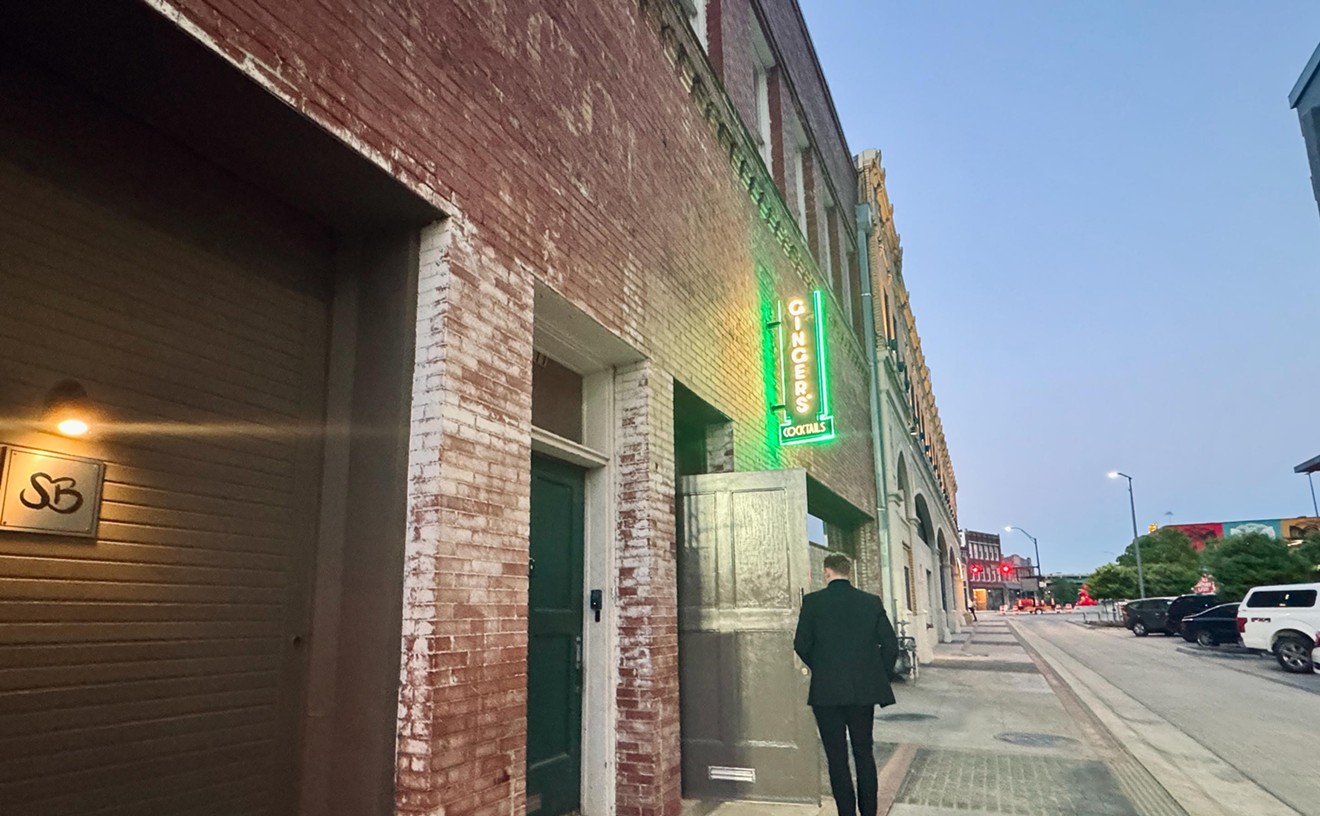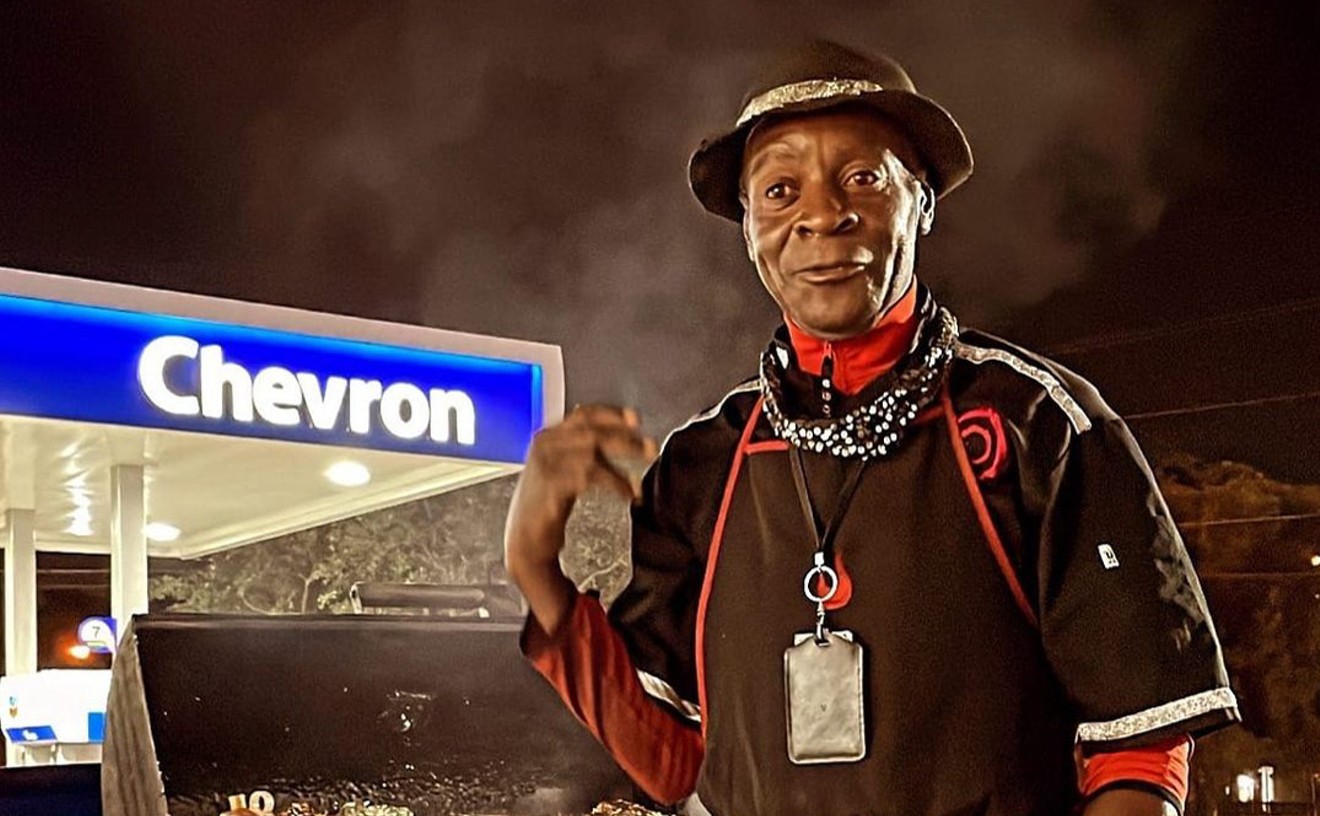Based on a possibly autobiographical novel by the late Chris Fuhrman, the film, directed by U.K. music-video director Peter Care, thankfully jettisons the first-person narration of the book, which works fine on the page but could easily play too Wonder Years-y on the screen. In its stead, the inner monologue of protagonist Francis (impressive newcomer Emile Hirsch) is represented by a series of animated segments in which Francis and his friends appear as ultraviolent superheroes with names like Captain Asskicker and Major Screw. It's an interesting and innovative conceit, especially given that Care hired Todd McFarlane, guru of ultraviolent toys and comic books, to create the segments, with design work by usual McFarlane collaborators Greg Capullo, Angel Medina and Ashley Wood.
Unfortunately, the concept doesn't work as well as it should. The opening animated sequence, which aggressively brings to life a series of doodles on notebook paper, ably captures the turbulent spirit of boys in the repressed throes of early adolescence, and bodes well. But the subsequent sequences resemble professional cartoons, and very contemporary ones at that (yet the film supposedly takes place in the '70s). They also become less and less relevant to the action at hand, so while they initially provide a welcome break from schoolroom trauma, they feel like unwelcome commercial breaks as the drama increases.
Granted, Care and screenwriter Jeff Stockwell were looking for a timeless feel without specific references to place, but it was in the little details that the book shone and transcended the coming-of-age template. Gone from the film are the hippies and streakers of the era, as well as the copious references to the civil rights movement, along with any troublesome black characters who might signify that, oops, this is the South, and yep, there's racial inequality here (one of Fuhrman's running subplots). Care doesn't seem to realize that "Kumbaya" singalongs (not in the book) are just as date-specific.
Beyond those unfortunate omissions, the chronology's been understandably shifted around to better fit Hollywood's three-act structure, and the authority figures have been amalgamated into two characters: uptight, wooden-legged Sister Assumpta (Jodie Foster) and casual, soccer-playing, cigarette-smoking Father Casey (Vincent D'Onofrio, underacting for once). Under the not-always-so-watchful eyes of this twosome, our drama unfolds. Francis finds first love with the younger sister (Donnie Darko's Jena Malone, ably playing 13 at age 18) of a school bully, while best friend Tim (Kieran Culkin) plots an elaborate revenge prank on Sister Assumpta that involves drugging a cougar (upsized from a bobcat in the book), stealing it from the local zoo and letting it loose in school. Peer pressure being what it is, Francis gets dragged into this misbegotten adventure in between attempts at copping a feel.
Malone and Hirsch make a cute couple, with the possible exception of some clichéd scenes involving a deep dark personal secret, but Culkin is very hit-and-miss. Though his cockiness works along with his constant illicit drinking and snide wisecracks (sizing up Malone, he says: "She tried to kill herself, so you know she's gotta like poetry"), it becomes his only dimension. In the one scene that's clearly his character's big moment, a long close-up requiring him to look sadly upon a dead dog and thus reveal his underlying vulnerability, Culkin totally drops the ball and comes off tragically blank.
There's more tragedy to come, and it's too ridiculous to work. After laughing at their stupid cougar plan, we're suddenly supposed to take it seriously? A subplot involving supernatural elements is genuinely creepy and deserves more focus than it gets--as it stands, it's really irrelevant to the plot, albeit much cooler than the cartoons. And must every youthful reminiscence feature a death of some sort? Despite what movies would often have us believe, not everyone encounters death just as adulthood dawns (yeah, yeah, metaphor for lost childhood innocence, check). Stolen Summer pulled this schlock on us already earlier this year. Give Care and McFarlane points for trying to do something innovative with the same old thing. But realize that, as spruced up as the facade may be, this movie is indeed still the same old thing.










